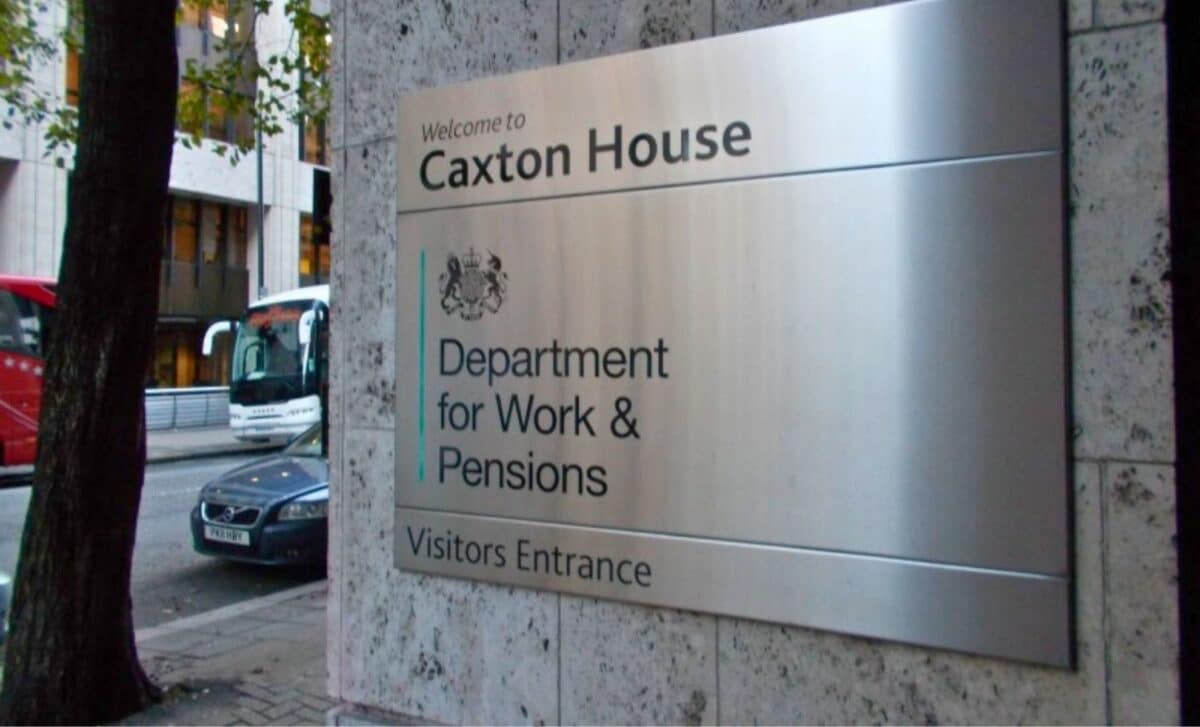The Department for Work and Pensions (DWP) is in the midst of a major transformation of the UK welfare system, with several long-established benefits set to be phased out before the end of the year. This move to replace legacy benefits with Universal Credit will impact millions of claimants across the country, leaving many wondering how they will be affected. The government is urging claimants to act swiftly to ensure there is no disruption to their financial support.
For those currently receiving benefits like Housing Benefit, Income-related Employment Support Allowance (ESA), and Income-based Jobseeker’s Allowance (JSA), these payments will soon cease. Claimants must apply for Universal Credit (UC) to continue receiving benefits without interruption.
What Benefits Are Being Phased Out?
Several well-known legacy benefits are being eliminated as part of the government’s transition to Universal Credit. These benefits, which have been in place for many years, are being replaced by a single, streamlined system designed to simplify the process.
The benefits being phased out include:
- Housing Benefit
- Income-related Employment Support Allowance (ESA)
- Income-based Jobseeker’s Allowance (JSA)
- Income Support
- Tax Credits
The DWP’s decision to phase out these legacy benefits is part of an effort to bring all government financial support under the Universal Credit system. This change is aimed at simplifying the benefits structure, making it easier for claimants to navigate and manage their financial support.
Urgent Action Required for Claimants
The DWP has been clear in its message: claimants who receive migration notices must respond quickly to avoid losing their benefits. Anyone who is currently on legacy benefits will be sent a ‘migration notice’ by the DWP, informing them that they need to apply for Universal Credit. Failure to apply could result in a loss of benefits, which could create serious financial difficulties, especially as the festive season approaches.
The DWP said: “DWP is urging customers to respond to their Universal Credit migration notices so they continue to receive benefits. Anyone affected will be sent a ‘migration notice’ by DWP to apply for Universal Credit as the department continues to transition over a million claimants on legacy benefits to Universal Credit.”
Claimants who have received their migration notices should act immediately to ensure that they do not experience any delays or gaps in their financial support.
Why Universal Credit?
Universal Credit was introduced to replace multiple benefits, including Housing Benefit, Income Support, and Jobseeker’s Allowance. The key advantage of Universal Credit is its simplicity: instead of managing several different payments from different departments, claimants will receive one single payment that covers all their financial support needs. The government believes that this system will make benefits easier to manage and help reduce administrative costs.
In addition, Universal Credit is designed to ensure that no one is worse off when moving from legacy benefits. According to the DWP, most claimants will either receive the same amount or more in Universal Credit than they did with their previous benefits.
The DWP emphasized: “Legacy benefits – such as Tax Credits, Housing Benefit, Income Support, Jobseeker’s Allowance and income-Related Employment and Support Allowance – are being phased out to bring Government financial support into one place and, importantly, the majority of people will not be worse off under Universal Credit.”
What You Need to Do Now
If you are one of the millions of claimants receiving legacy benefits, you need to act now to ensure that your financial support continues without any interruptions. Here’s a checklist of steps you should take:
- Look out for your migration notice: The DWP will send you a notice informing you that it’s time to switch to Universal Credit.
- Apply for Universal Credit: If you haven’t already, make sure you submit your application for Universal Credit as soon as you receive your notice.
- Prepare for the transition: Make sure you understand the new system and know what to expect when you switch from legacy benefits to Universal Credit.
- Stay in contact with the DWP: If you have any questions or need assistance during the migration process, contact the DWP for guidance and support.
The DWP has stressed that timely action is crucial, and anyone who fails to respond to their migration notice risks facing delays in their payments, leaving them financially vulnerable.










My esa is being cut off soon . I must now apply for universal credit? I have not received any post about this. JT 13 89 70 C . Miss Sonia Zaman .
I have not received any post about my esa benefit being cut off. I must apply for universal credit? PLEASE LET ME KNOW WHAT TO DO.
If like me, you still haven’t yet received the migration letter. Then just wait until the letter arrives in the post. This is purely aimed at the people who have already received their migration letters.
@Miss Sonia Zaman
Get in touch with your MP immediately and get them to ask on your behalf
My son gets esa and housing benefit but has not had a migration letter yet. Should he worry? He is autistic and needs to know
Sonia, I advise that you delete the comment which includes your national insurance number!
I have been on ESA for number of years. I received my migration notice. Done as ask what to do. They say u are either on the same money or better off. Well I am worse of by a bit money. I would contact citizens advise immediately to make sure everything is done properly. I was told u get the same money for a year. I am waiting on right office contacting e to get it dealt with promptly. They pay ure rent then u to pay ure council. They allow u to claim ESA still but they never told me that I had over payment of ESA so now they take £102 every month for that then u pay u the universal credit element n reduce ure ESA to £276 a fortnight